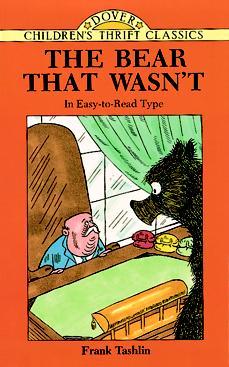
Author: Leo Lionni
Plot Summary: An inchworm is threatened by a robin, but keeps a robin from eating him by measuring the robin’s tail, telling the robin, “I am useful. I measure things.” The robin, impressed, takes the inchworm along with him to measure parts of many other birds. Eventually, a nightingale demands that the inchworm measure the nightingale’s song or be eaten for breakfast. The inchworm responds by asking the nightingale to sing while the inchworm measures, and measures, “inch by inch . . . until he inched out of sight.” The inchworm’s vulnerability – his small size – saves him from death.
Posted In: Ethics, Social and Political Philosophy

Plot Summary: An inchworm is threatened by a robin, but keeps a robin from eating him by measuring the robin’s tail, telling the robin, “I am useful. I measure things.” The robin, impressed, takes the inchworm along with him to measure parts of many other birds. Eventually, a nightingale demands that the inchworm measure the nightingale’s song or be eaten for breakfast. The inchworm responds by asking the nightingale to sing while the inchworm measures, and measures, “inch by inch . . . until he inched out of sight.” The inchworm’s vulnerability – his small size – saves him from death.
Posted In: Ethics, Social and Political Philosophy

Discussion Questions
- Can our weaknesses be our strengths?
- Does the appearance of something capture what it really is?
- Is there a hierarchy in nature – if so, on what is it based?
- Do we assume some creatures are more important than others based on external features (appearance, size, etc.), and, if so, is this assumption morally justifiable?
- Can we treat some creatures as less important than others? If so, on what basis?












Connect With Us!